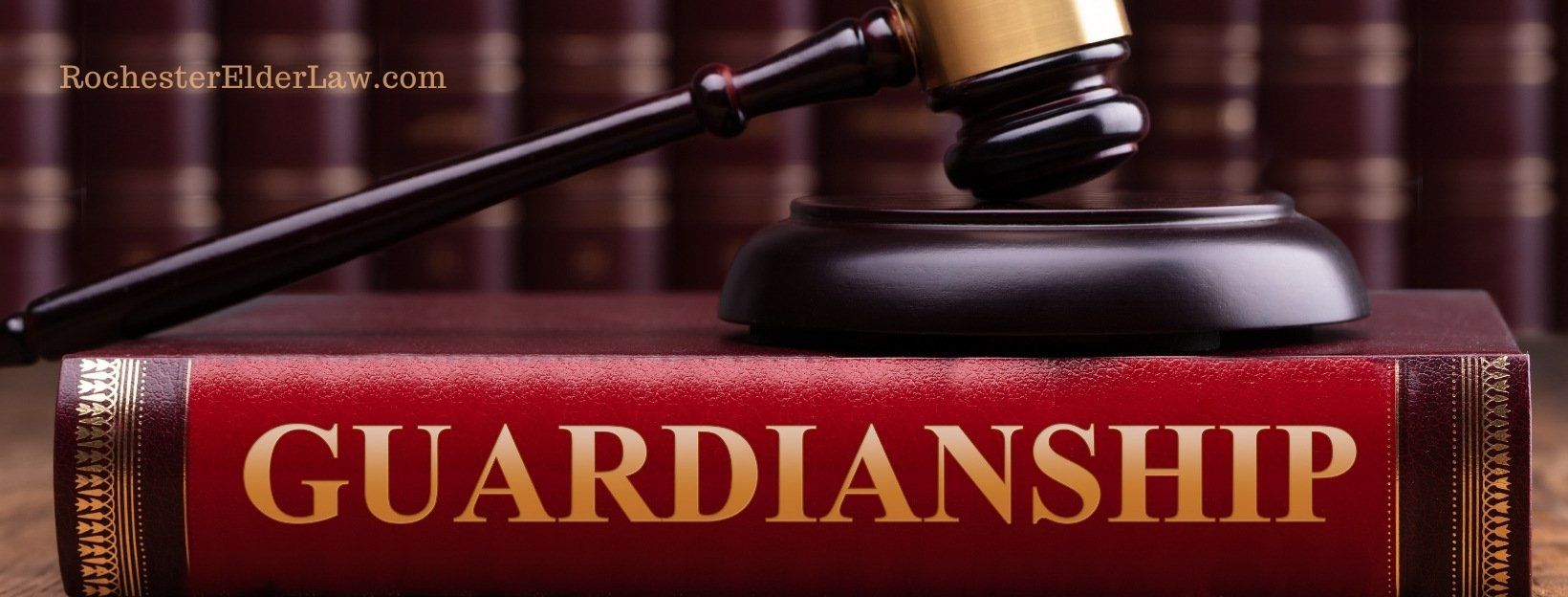
Guardianship of an aging parent means acceptance of significant legal responsibility to act and advocate for their care. The duties include a parent’s daily care, medical care, and possibly financial decisions made on their behalf. Many guardians are family members who were previously caregivers, now cast into a formal legal role. At the same time, some are professional guardians appointed to circumvent well-established family conflict and disagreement problems. Becoming a guardian requires a court hearing and medical provider confirmation of incapacity of the proposed ward. In legal terms, a ward is either a minor or an incapacitated adult under the protection of a legal guardian. Incapacity can include cognitive decline, dementia, brain injuries, prescription drug impairment, inability to perform daily living activities, or other severe health conditions.
Sometimes an aging parent may disagree that they need a guardian, leading to contested guardianship hearings. There may also be disagreement as to the proposed guardian. A variety of concerns are often expressed during a contested hearing where family members may not agree due to longstanding relationship issues. A contested hearing can become costly, with family members opposing guardianship becoming responsible for their legal expenses. In such cases, a professional guardian is preferable to settling issues between a family where conflict is the norm. Before guardianship is granted, documentation of cognitive impairment like dementia or physical incapacity precluding a parent from making good decisions about their care must be presented to the court. This documentation substantiates the degree of parental impairment as evidence for the guardianship petition. A medical assessment, including a neuropsychological evaluation, provides additional proof for the need for guardianship.
Understanding the Process of Guardianship
The process can be long and complex, particularly in the case of an aging parent, as they will lose fundamental rights having their care entrusted to another person. A general discussion between the aging parent or older person and their relatives as to why guardianship is the best way forward is a good place to begin. The legal process starts with filing a petition for the appointment of guardian form. This form includes information about the proposed ward and their relatives, the person submitting the request, the reason guardianship is necessary, and an explanation for why alternatives to guardianship are either not available or appropriate. A court investigation commences determining if there is a need for guardianship. If warranted, a court hearing is scheduled where the judge reviews the petition, listens to statements and determines whether or not to grant the guardianship petition. Every court-appointed guardian is entitled to reasonable compensation for their services. Often when a guardian is a spouse, family member, or close friend, they will waive any payment. In the case of a private or public guardian, the individual is paid directly from the ward’s estate.
An aging parent’s ability to accept the idea of guardianship on their behalf is an admission that they cannot maintain their independence. It is best to be very clear about the process and not mislead them or create unnecessary stress by not fully understanding all involved. Retaining an attorney specializing in guardianship can protect the process from missteps and make it a smoother transition for all parties involved. At Rochester Elder Law, we do just that and would be happy to schedule a consultation with you to discuss your questions and concerns.
more news you can use



Still have questions?
Tell us about your situation.

Centrally Located in Brighton
near Cobbs Hill:
1399 Monroe Avenue,
Rochester, NY 14618
Map & Directions
Weekly News & Updates
Subscribe now and get our FREE Guide, "The Top Eight Mistakes People Make with Medicaid Qualification"
Rochester Elder Law
All Rights Reserved
Legal Disclaimer: The information on this website is for general purposes only and is not legal advice. Content may change without notice. Please consult an attorney for guidance on your specific situation. Contacting us does not establish an attorney-client relationship. Do not send confidential information until a formal attorney-client relationship is established. This site may contain attorney advertising. Prior results do not guarantee similar outcomes. By using this site, you agree to this disclaimer.







